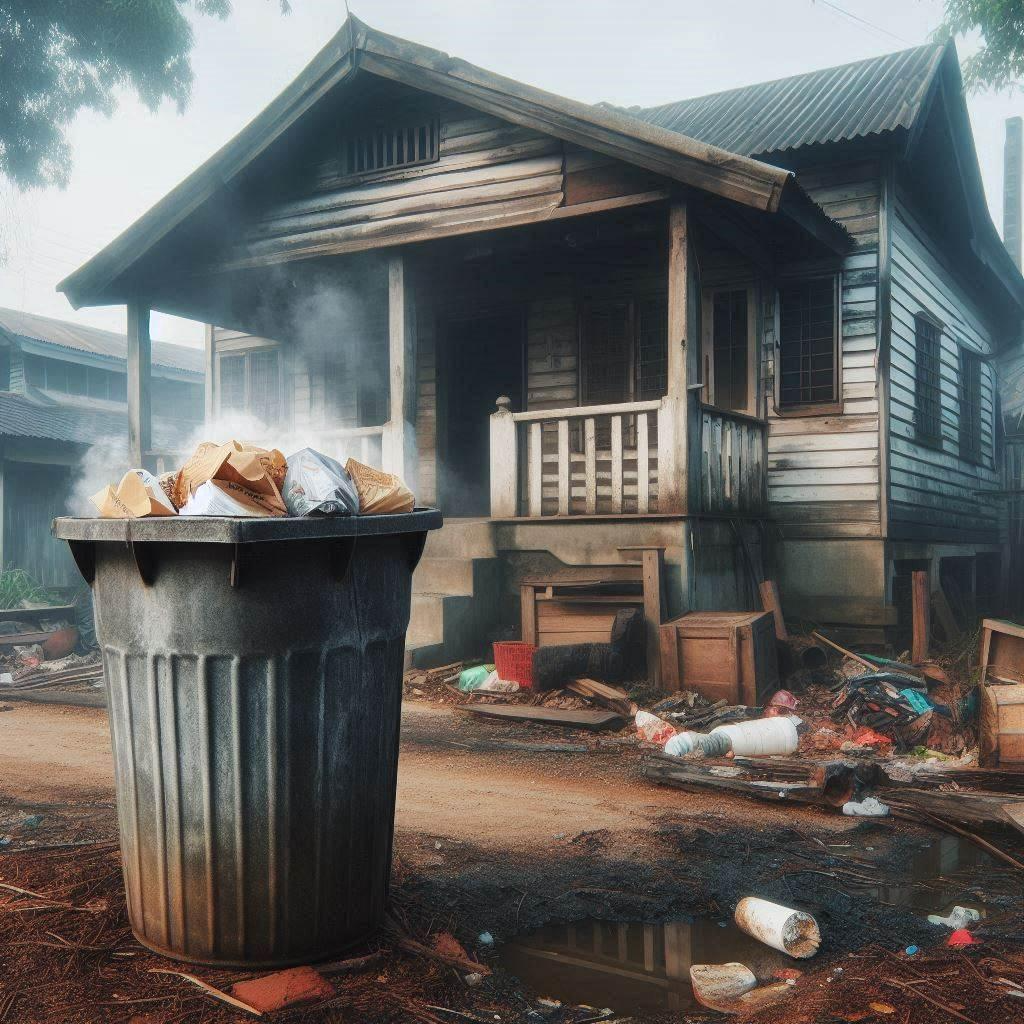
Unusual odors are more than just unpleasant. They often act as signals, hinting at problems we can’t see.
Imagine catching a whiff of something sour or rancid near your home or business. It’s easy to dismiss, but what if that smell points to something more serious? A safety issue hiding in plain sight?
From plumbing issues to neglected areas, even the faintest smells can alert us before hazards grow worse.
Read on for an honest look at how such warnings should never go ignored.
Unpleasant smells often act as nature’s way of signaling a deeper issue. They grab your attention, making it harder to ignore potential hazards.
Think about gas leaks. A distinctive rotten egg smell is added deliberately so you know when something's wrong. Similarly, mold releases a musty odor that alerts you to water damage or poor ventilation.
Decomposition odors work the same way but carry an even more urgent warning. For example, people describing the smells of a dead body often note their unforgettable pungency - a mix of sulfur and sweet rot that immediately signals danger or neglect in an area.
These odors are not just inconveniences; they’re red flags for safety concerns needing immediate attention.
Recognizing hazardous odors can prevent minor issues from becoming major threats. Some examples include:
In extreme cases like decomposition, these signals demand quick action to investigate further and protect public health.
Understanding what these smells represent empowers us to take action before situations escalate into serious risks - keeping spaces safer for everyone involved.
Ignored maintenance often creates the perfect conditions for unpleasant odors to develop. A clogged drain or leaky pipe doesn’t just cause inconvenience - it can lead to stagnant water, mold growth, and even pest infestations.
Neglect on a larger scale introduces bigger dangers. For instance, an abandoned property left unchecked might become a hotspot for decomposition odors if wildlife or other factors go unnoticed. These smells don’t appear out of nowhere; they’re usually tied to overlooked responsibilities like waste disposal or proper ventilation.
Regular upkeep isn’t just about keeping spaces functional - it’s about preventing warning signs from developing into real hazards that impact public safety.
Unusual odors around your home are rarely just inconveniences. They often signal deeper issues needing attention. Chemical-like fumes might suggest industrial leaks, while foul organic smells could point to decaying animals hidden in walls or crawl spaces.
When reports emerge of people describing the smells of a dead body nearby, it highlights not only urgent health risks but also community responsibilities to act swiftly. Situations like these remind us that collective awareness is crucial.
By addressing unexplained odors promptly, communities can prevent minor warning signs from becoming larger safety concerns for everyone involved.